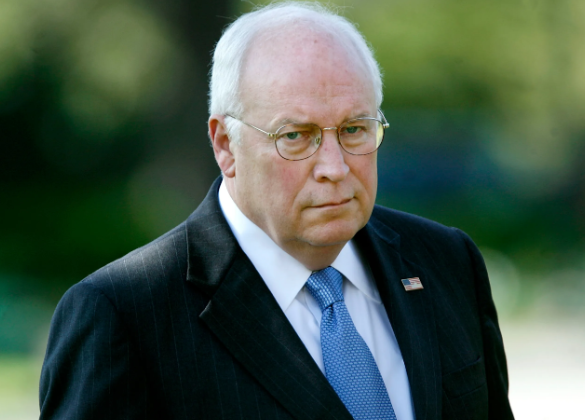Dick Cheney, the 46th Vice President of the United States, died on November 3, 2025, aged 84. A key architect of U.S. foreign and energy policy, Cheney’s influence extended into global business, energy markets, and corporate governance. His tenure as Halliburton CEO and his policy decisions continue to shape modern discussions about power, profit, and political accountability.
Dick Cheney: The Vice President Who Redefined Power and Profit
The death of Dick Cheney at age 84 marks the end of an era in American power, one that fused politics, business, and global influence like few others. Revered and reviled in equal measure, Cheney leaves behind a complicated legacy that continues to echo through boardrooms, energy markets, and the geopolitical stage.
As Vice President from 2001 to 2009, Cheney was the driving force behind much of the Bush administration’s national security and foreign policy agenda. But to corporate America, he was also a pioneer in the blurred space where government and business interests intersect — a man whose time as CEO of Halliburton reshaped how executives think about political capital and corporate reach.
A Political Titan with a Corporate Blueprint
Before becoming Vice President, Cheney spent five years as CEO of Halliburton, one of the world’s largest energy services companies. His leadership saw the firm expand its global footprint, winning lucrative contracts in regions critical to U.S. foreign policy. When the Iraq War began, Halliburton’s government contracts swelled to more than $30 billion, sparking criticism but also cementing Cheney’s status as the archetype of political-corporate influence.
Financial analysts note that this alignment between public office and private sector gain helped redefine the modern energy-industrial complex. “Cheney didn’t just influence American energy policy,” said Dr. Fiona Hill, a former National Security Council adviser. “He built a framework that tied energy security directly to national security — and that remains the case today.”
According to analysis reviewed by CEO Today, the Cheney model of governance demonstrates how corporate strategy can be shaped by political proximity, setting a precedent for leaders across industries who navigate both economic and regulatory landscapes.
The Legal and Governance Legacy
Cheney’s approach to executive power — particularly in the wake of 9/11 — also redefined the legal boundaries of governance. His advocacy for enhanced surveillance, pre-emptive military action, and expanded presidential authority created precedents that still influence U.S. corporate compliance and defense contracting today.
Legal scholars argue that Cheney’s vision blurred the line between national interest and corporate advantage. By extending executive power to shape markets and energy access, his policies created both opportunity and ethical scrutiny. As law professor Jack Goldsmith once wrote, “Cheney’s theory of executive power wasn’t just constitutional — it was commercial.”
For modern CEOs, this legacy serves as a cautionary reminder: unchecked influence and opaque governance structures can yield short-term profit, but often at the cost of long-term trust and brand equity.
The Business and Investment Angle
Cheney’s career underscores a fundamental truth about global business — policy drives profit. His energy task force in the early 2000s prioritized deregulation and fossil fuel investment, shaping capital flows that defined the next two decades. Oil futures, defense contracting, and energy infrastructure all became battlegrounds where politics dictated price.
Today, as the global economy shifts toward clean energy and corporate transparency, Cheney’s legacy stands as both a model and a warning. His decisions propelled massive wealth creation for defense and oil industries, but they also ignited debates about accountability, sustainability, and corporate ethics that persist across Fortune 500 boardrooms.
A Legacy of Power and Paradox
Cheney’s death — confirmed by his family on November 3, 2025 — closes the book on one of America’s most influential and controversial figures. Survived by his wife Lynne and daughters Liz and Mary, he leaves behind not only a political legacy but a template for how corporate influence operates in modern governance.
He once said, “It’s not personal. It’s just business.” That phrase could well define his entire career — a masterclass in how financial and political interests intertwine to shape the world.
For CEOs, investors, and policymakers alike, Cheney’s life remains an enduring study in the power of conviction — and the price of wielding it without restraint.
Frequently Asked Questions
1. What was Dick Cheney’s role in business before politics?
Cheney served as CEO of Halliburton from 1995 to 2000, expanding the company’s international operations and government contracting portfolio.
2. How did Cheney’s policies affect global markets?
His energy and defense strategies linked national security with corporate growth, influencing oil prices, military spending, and global energy investment patterns for decades.
3. What can business leaders learn from Cheney’s legacy?
His career demonstrates the power — and risk — of intertwining political access with corporate strategy. Transparency and ethics remain essential to sustainable leadership.














